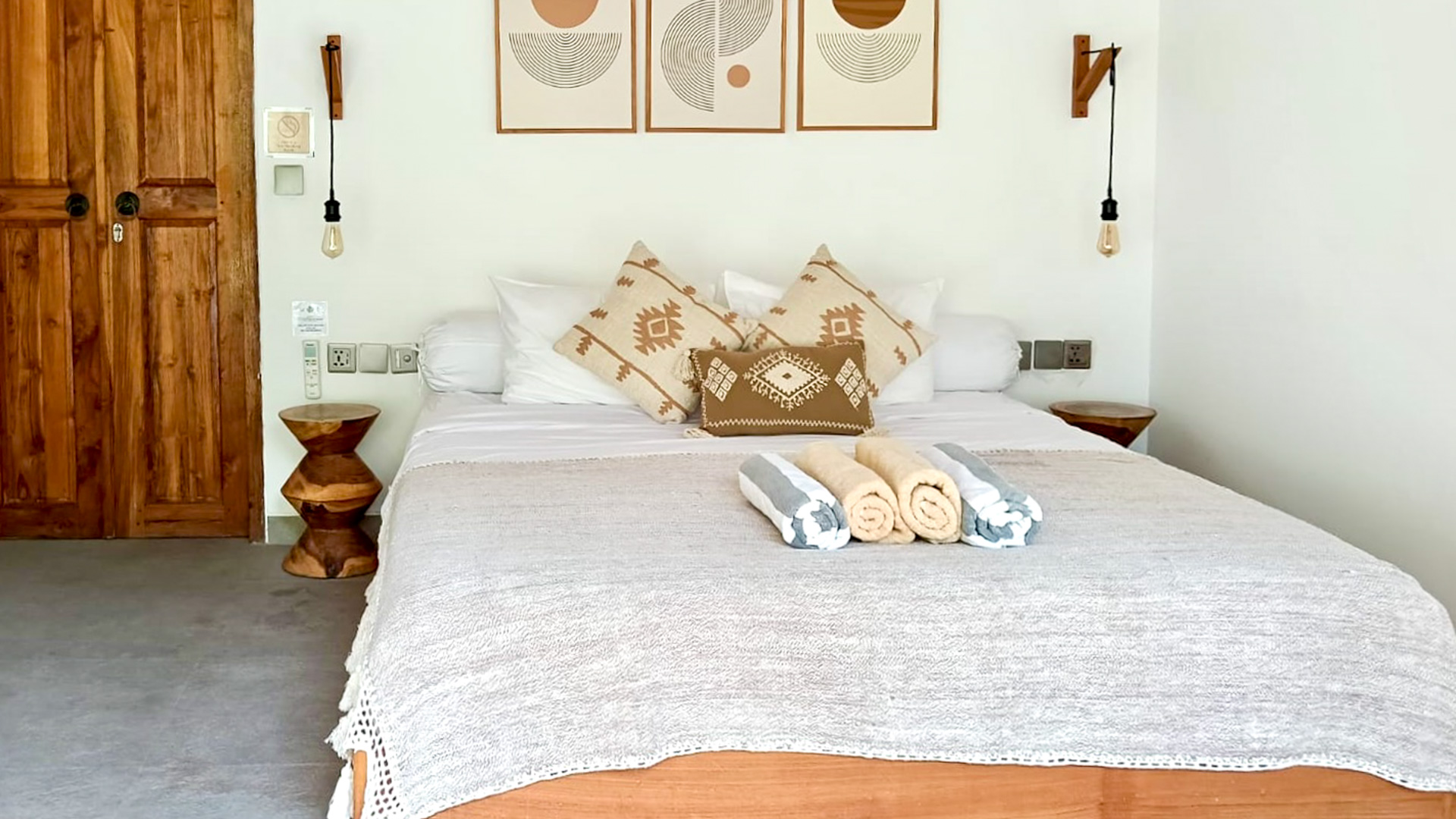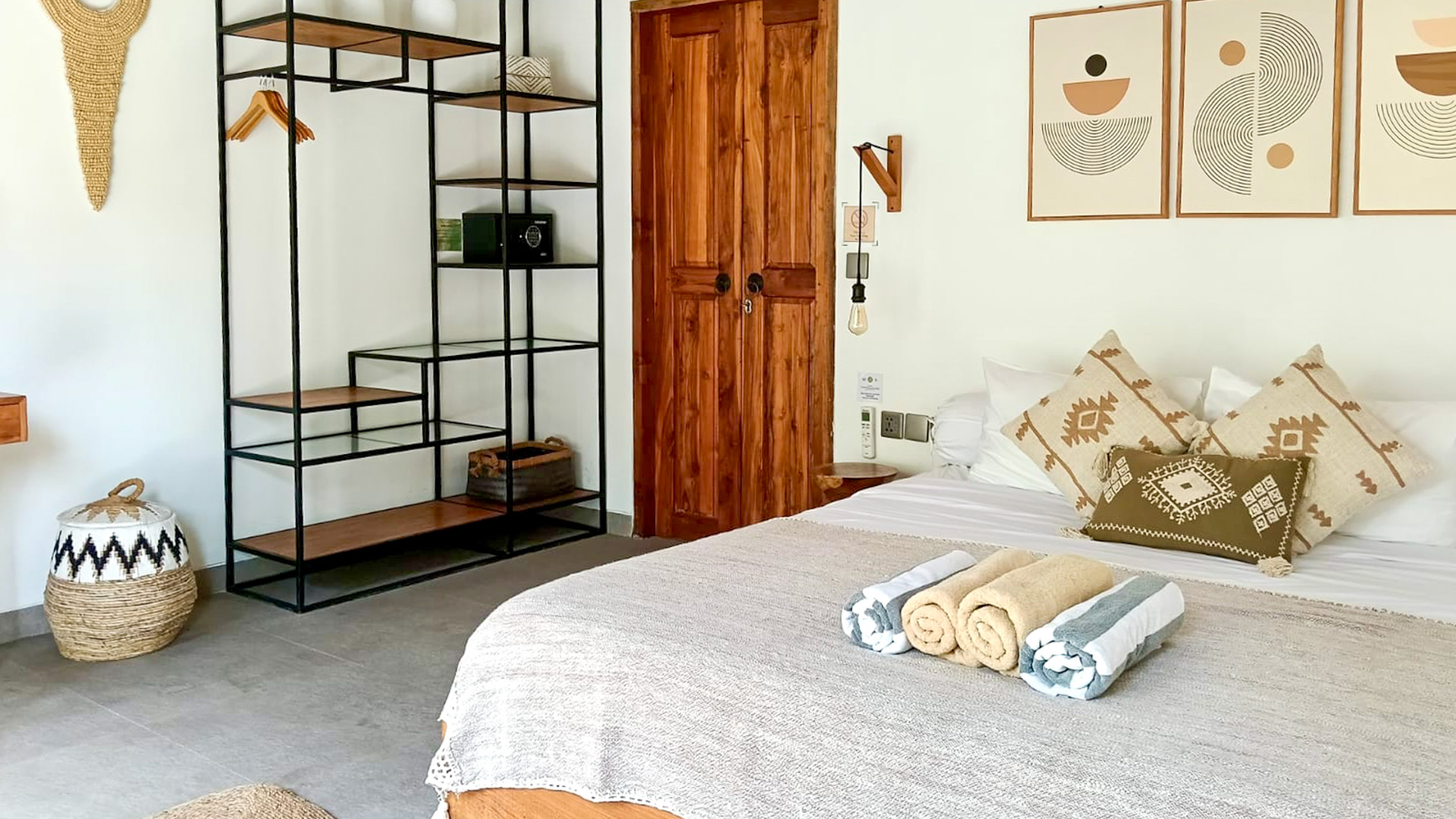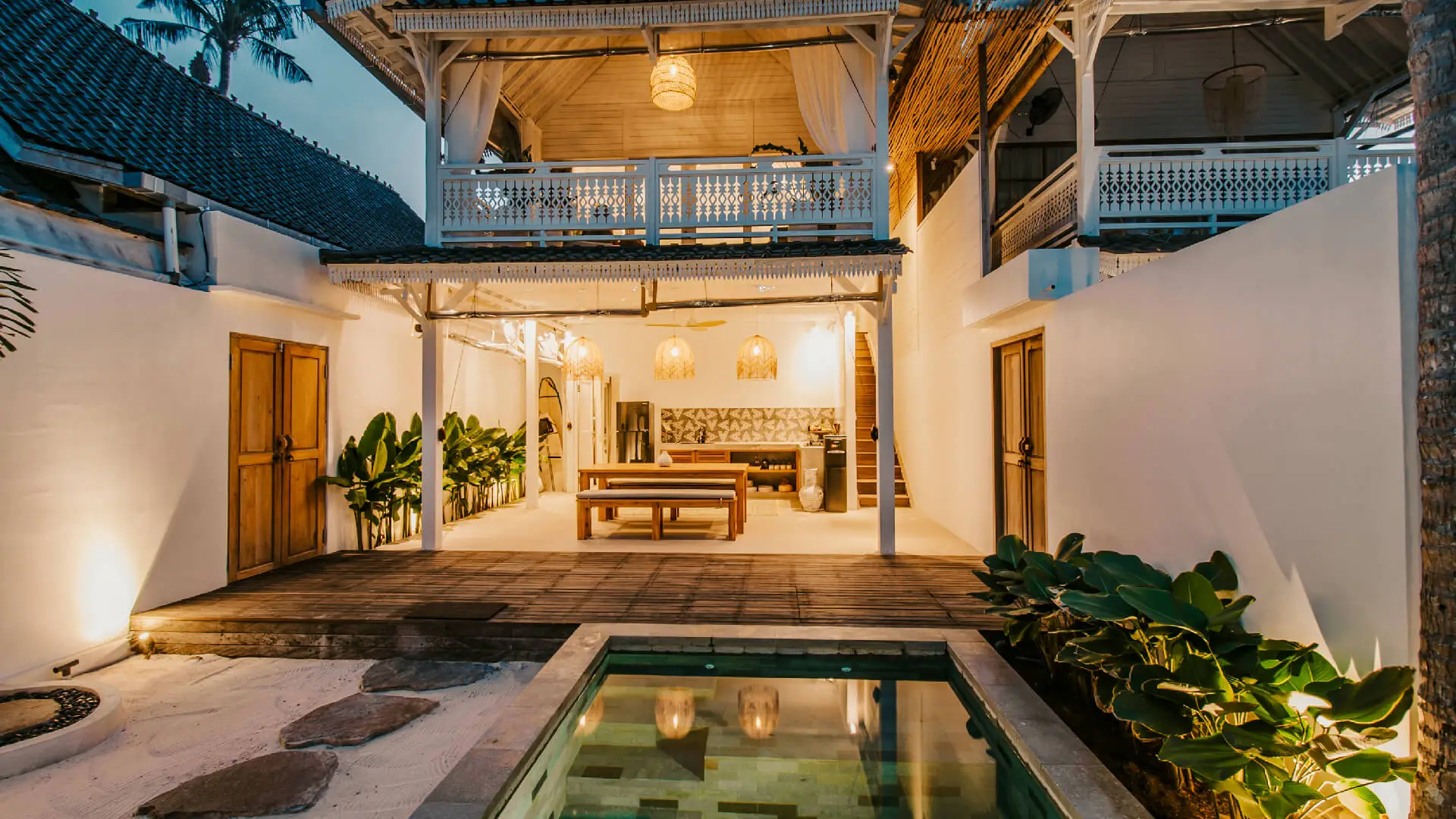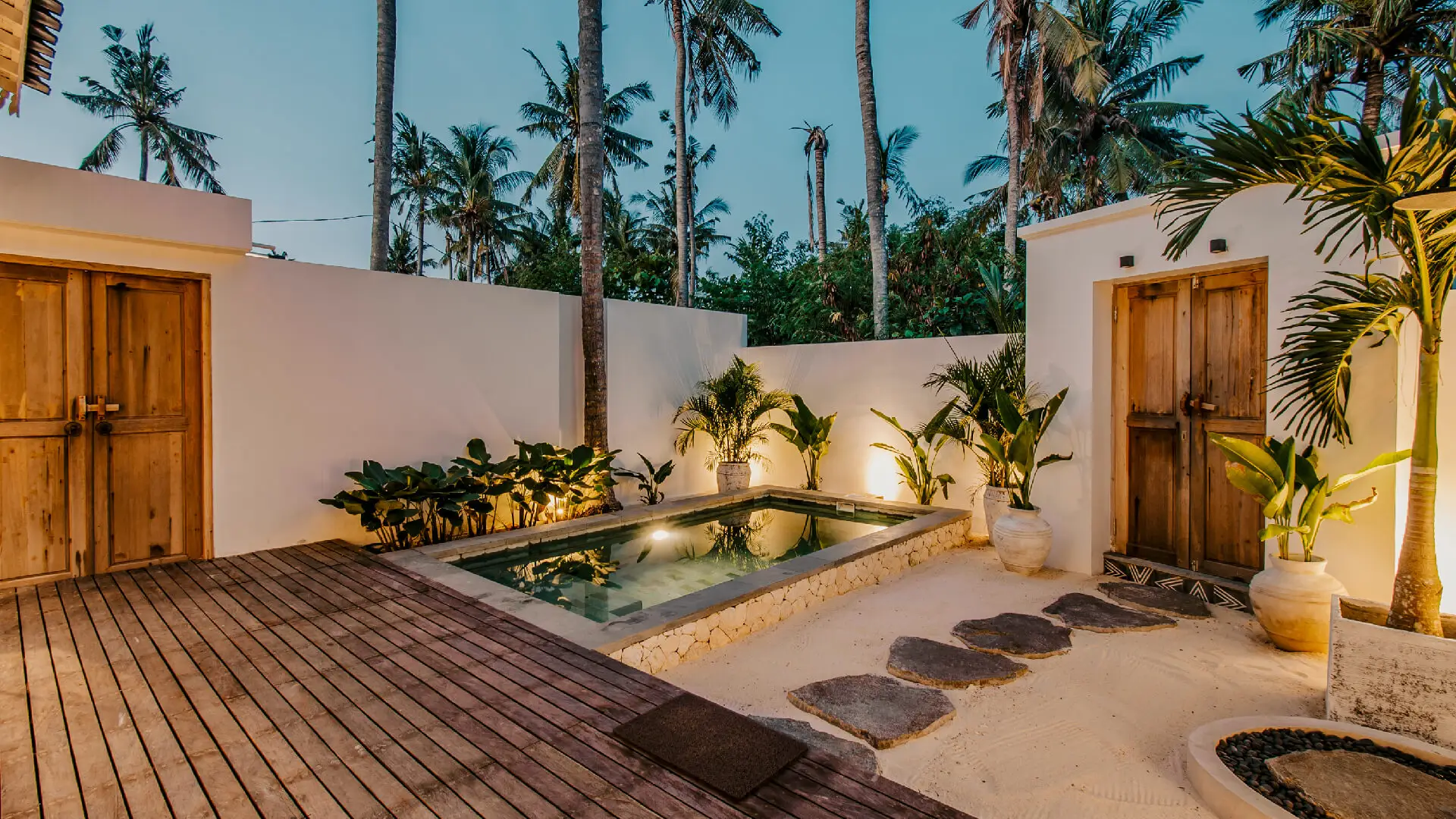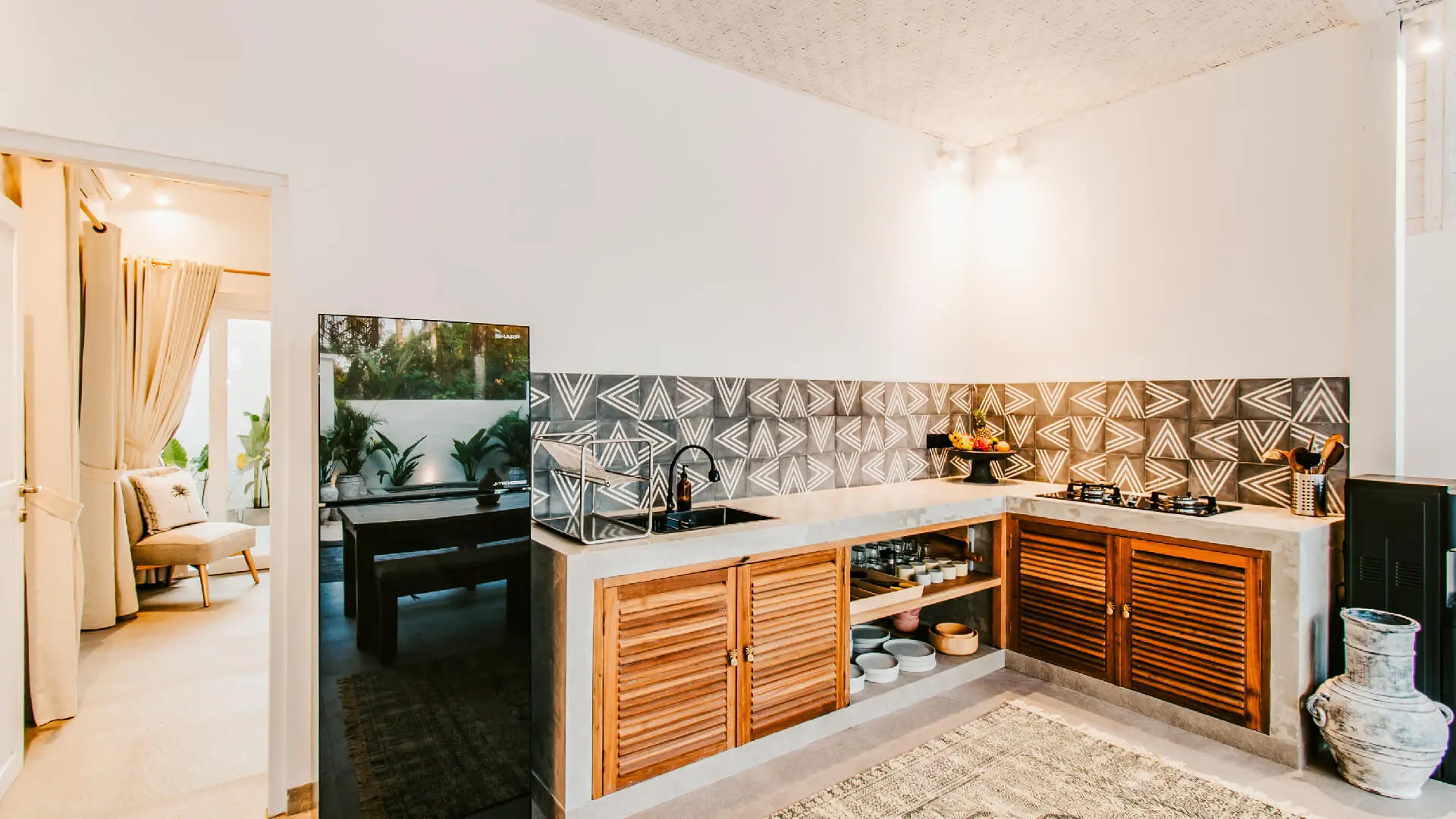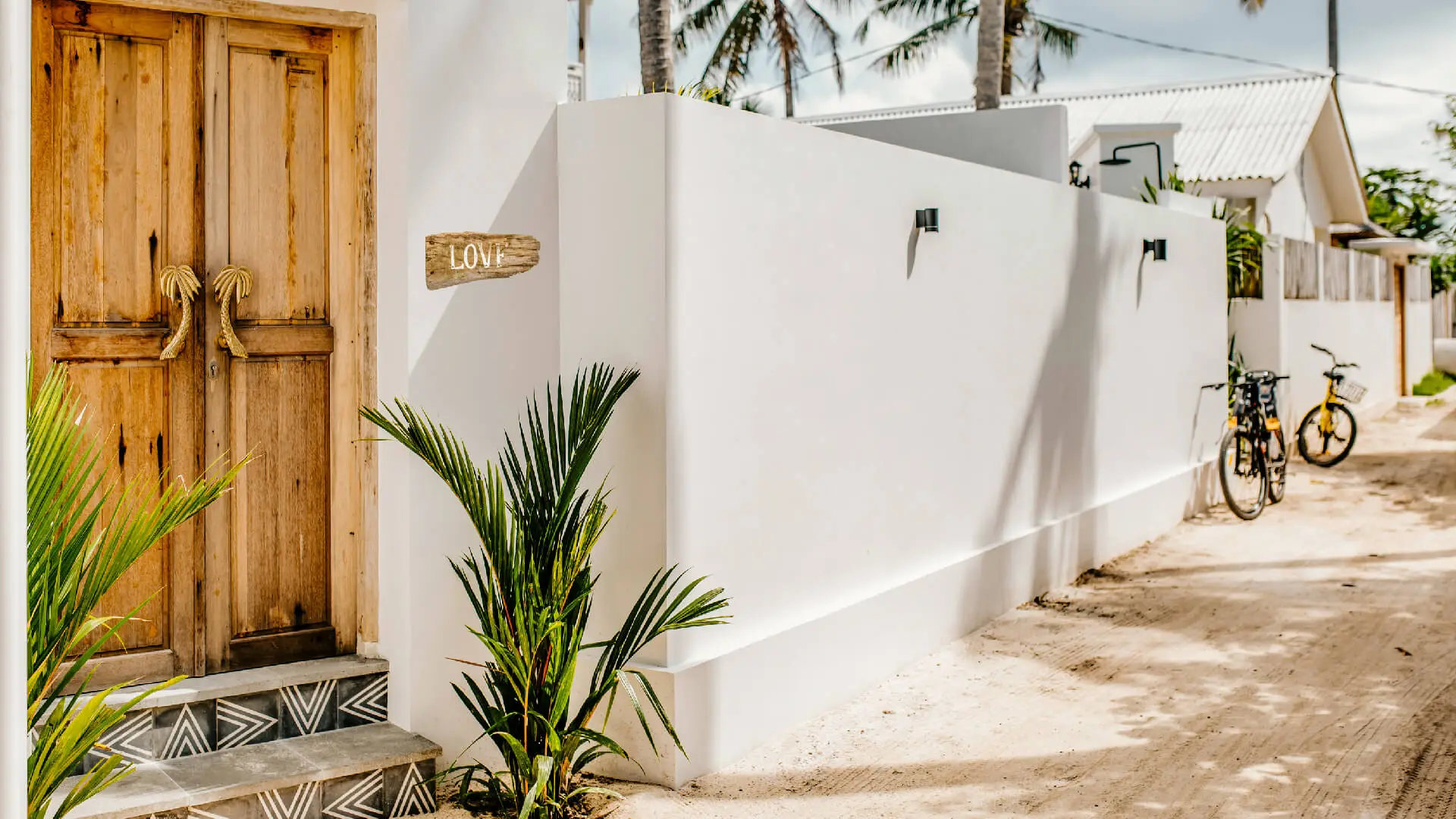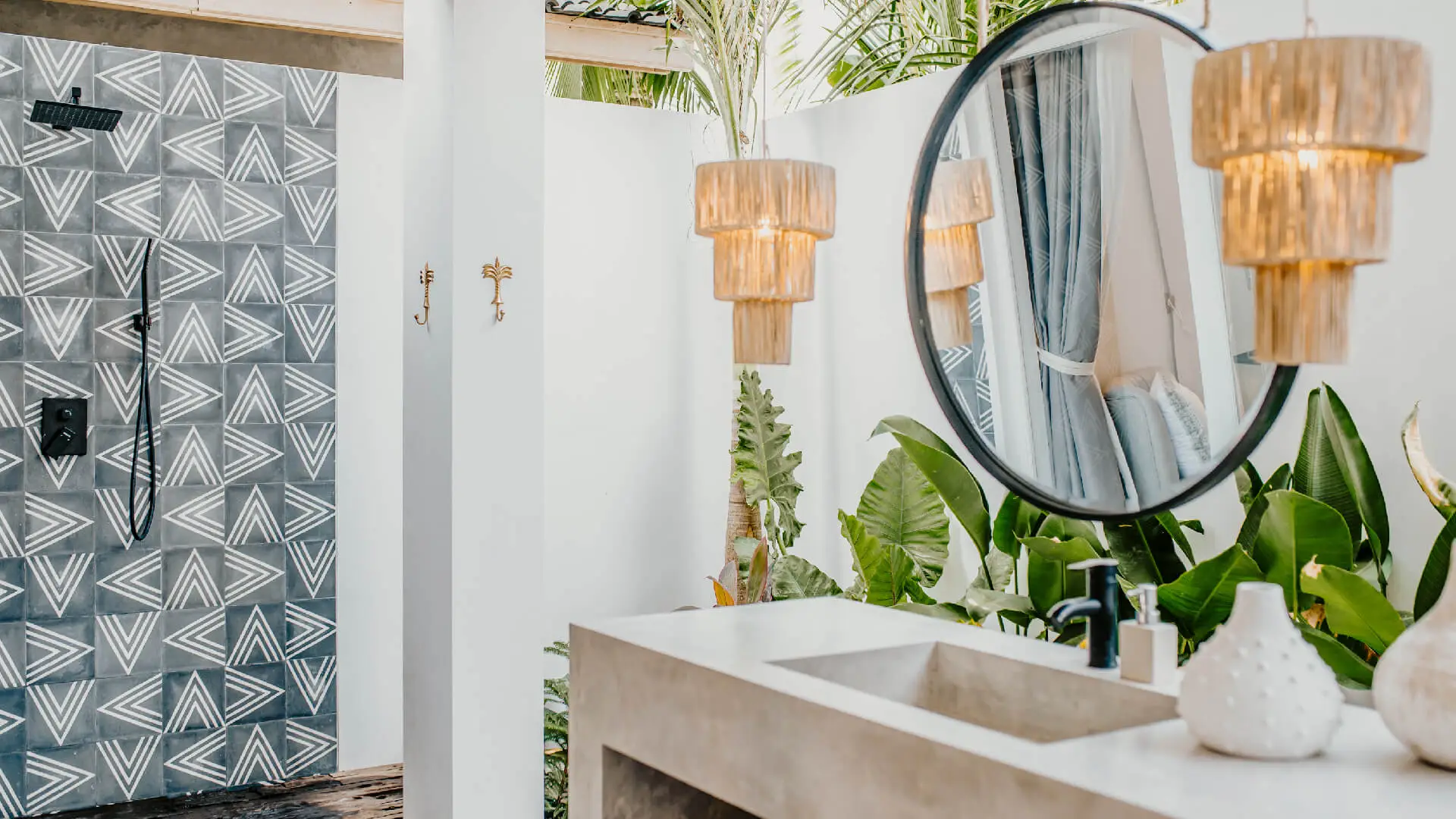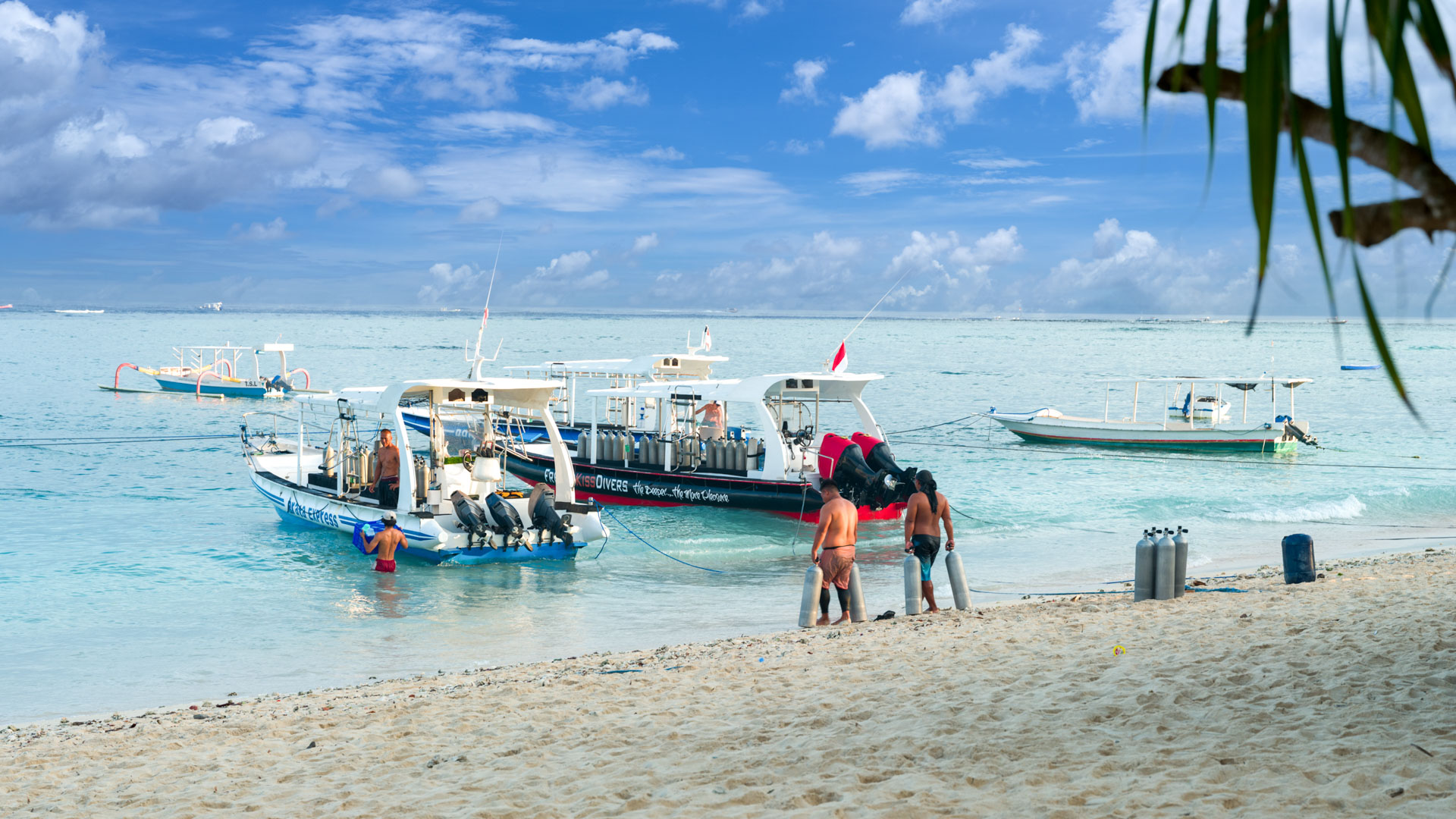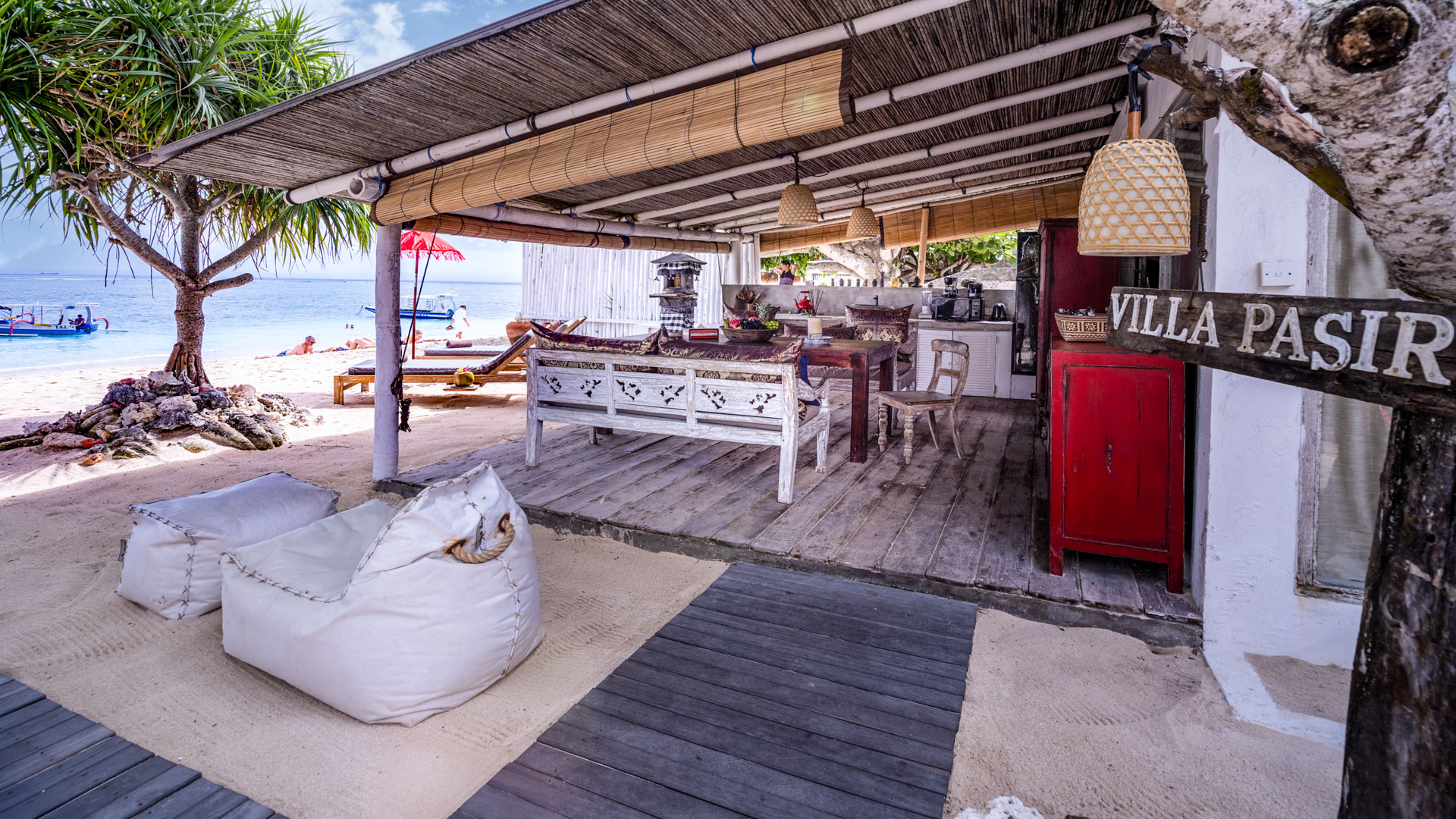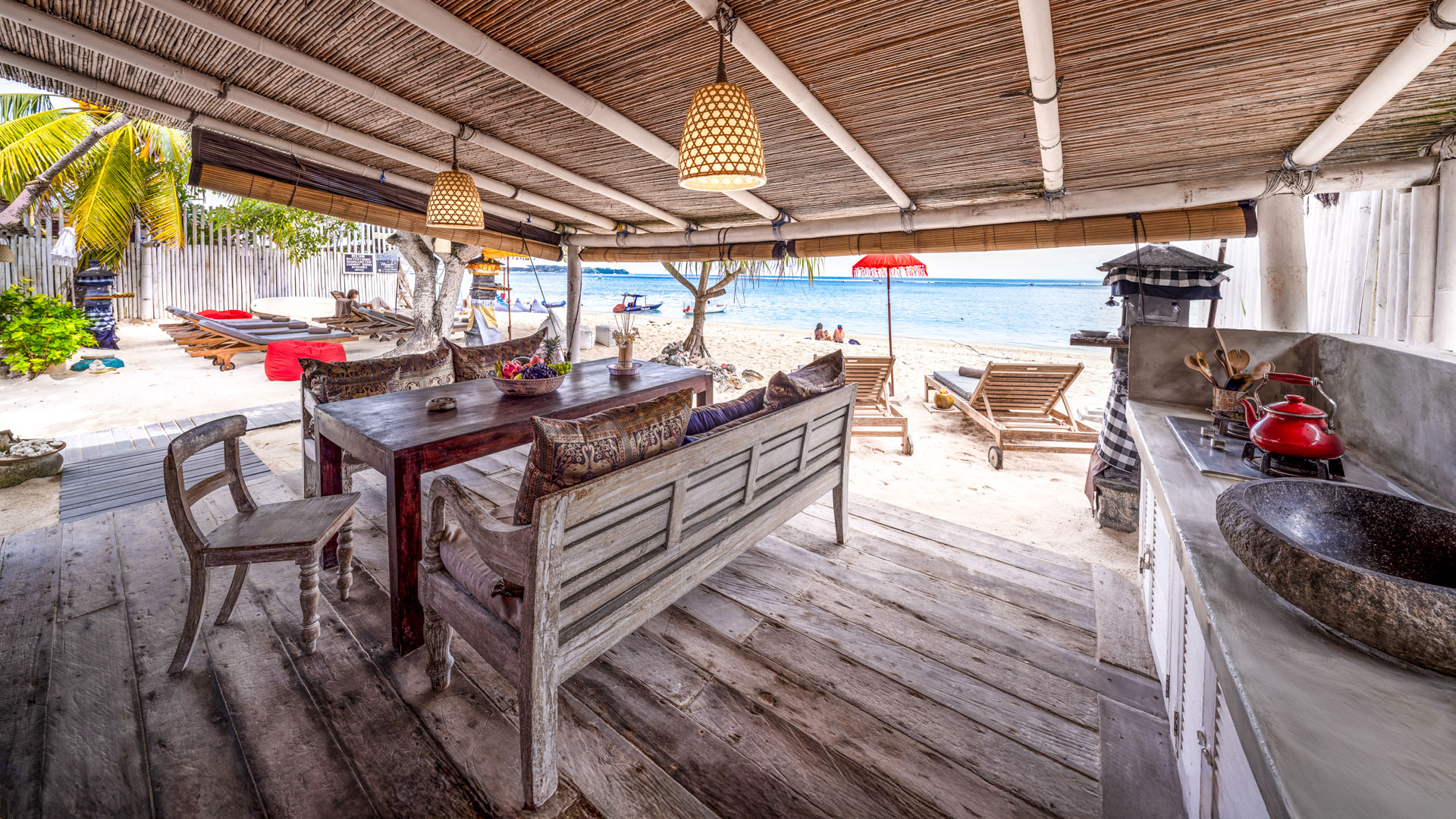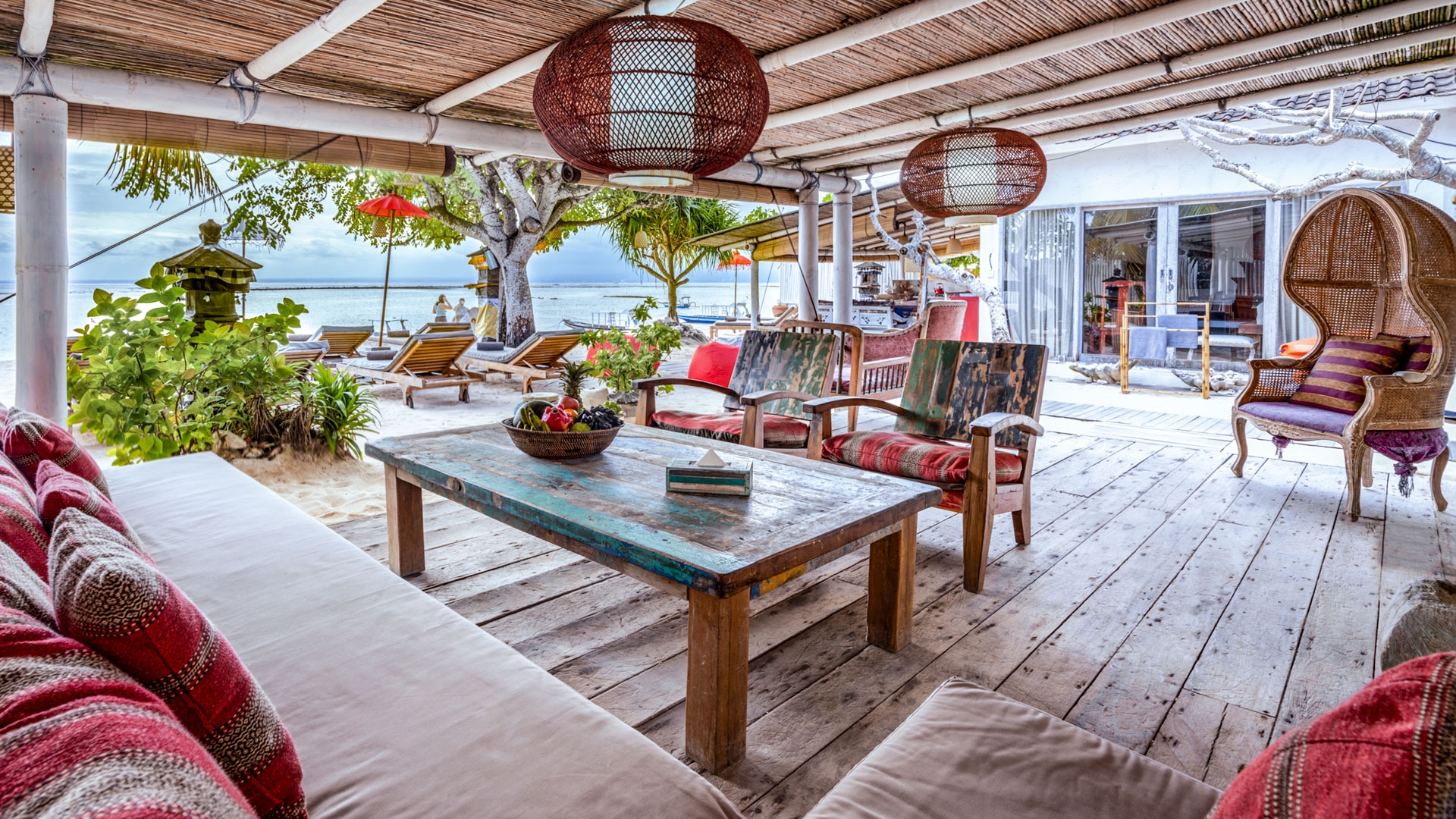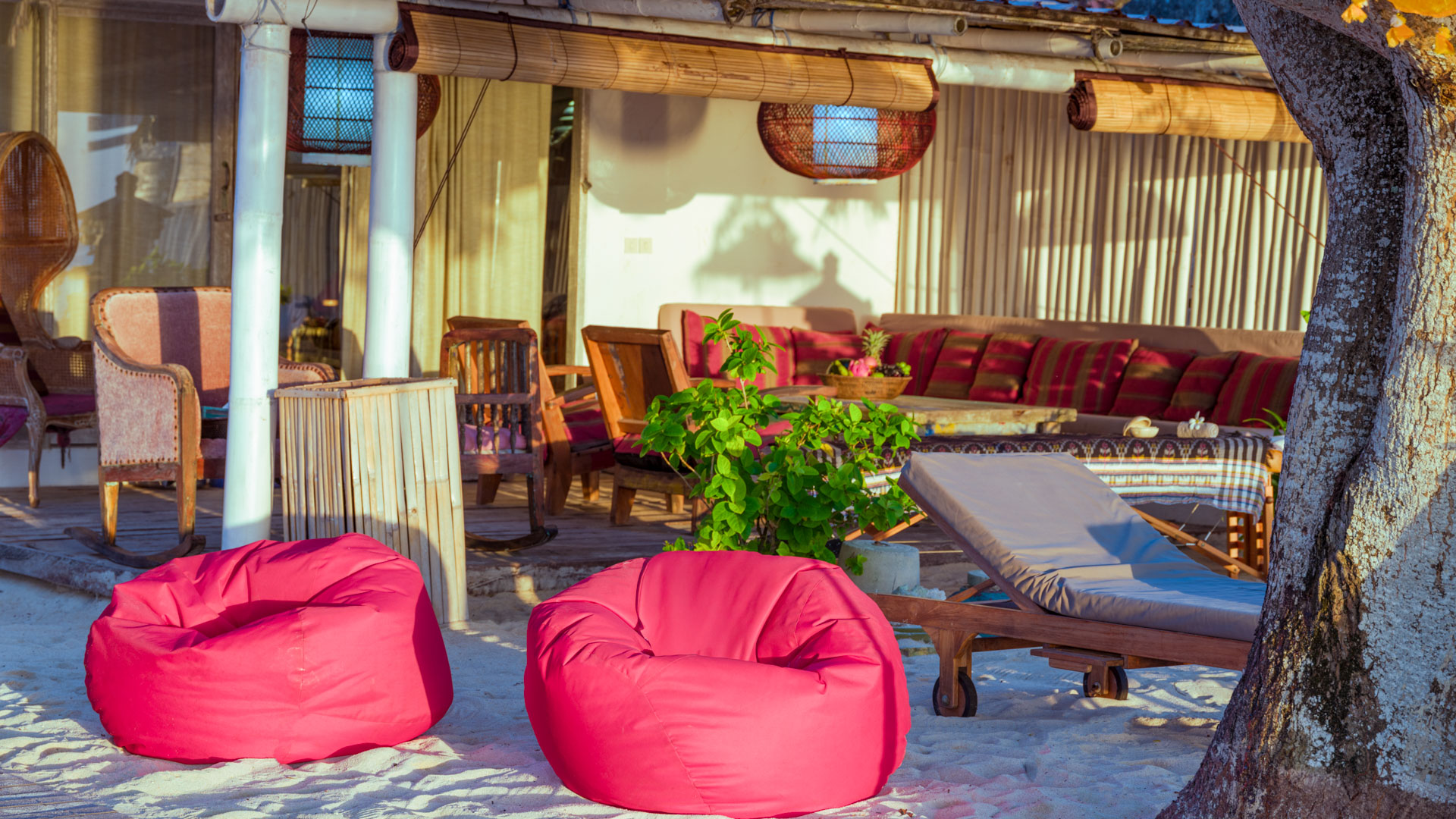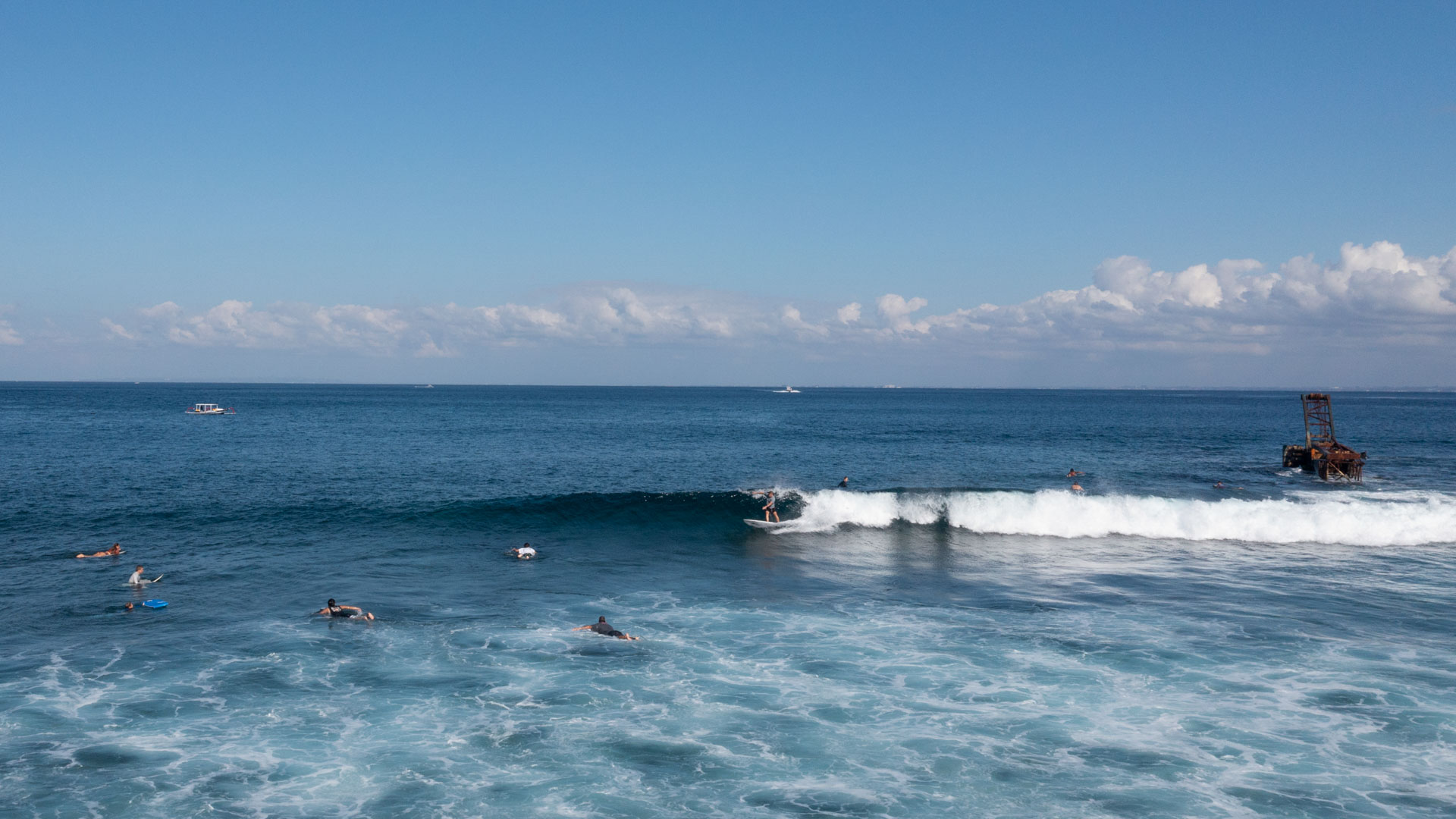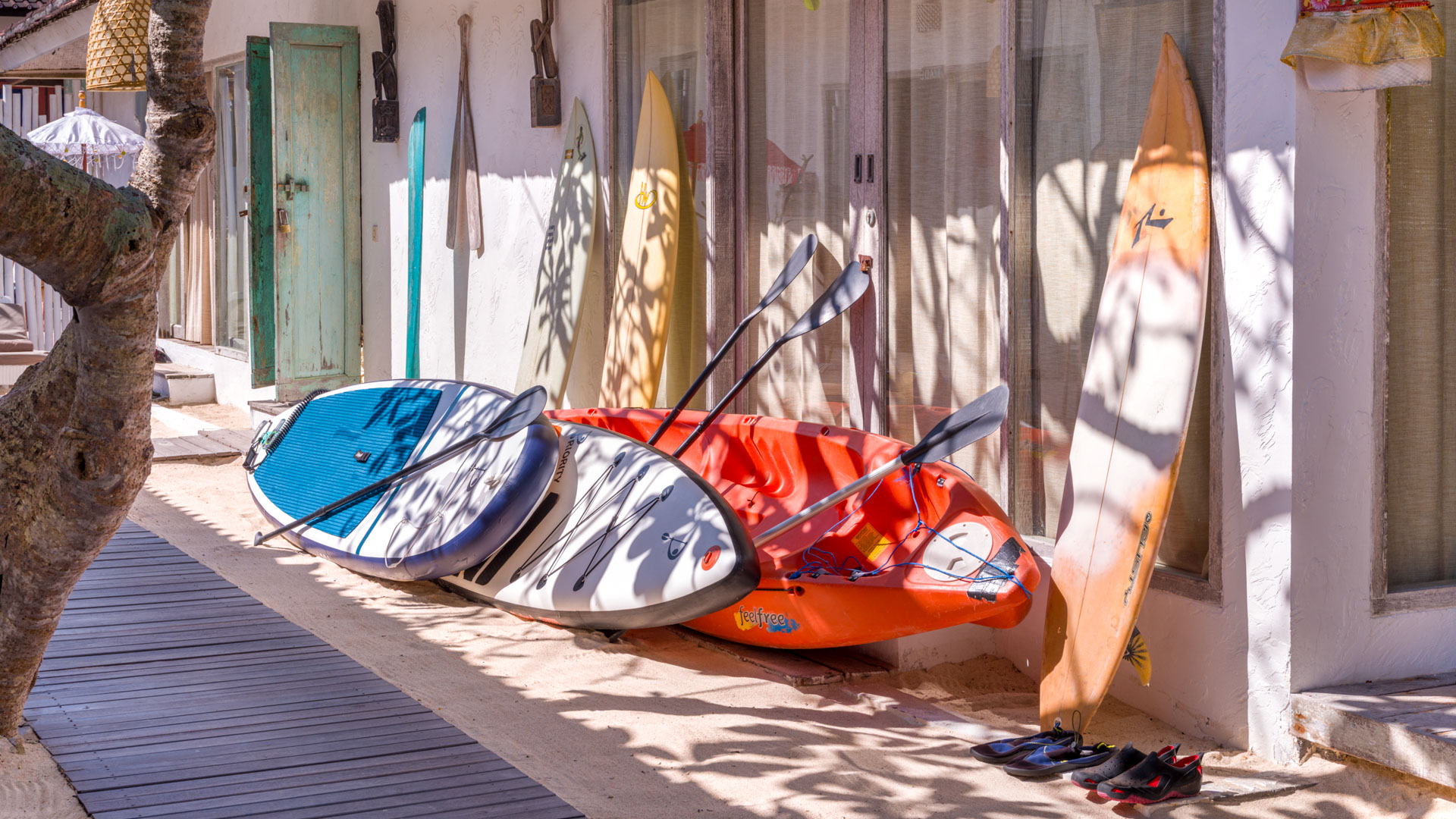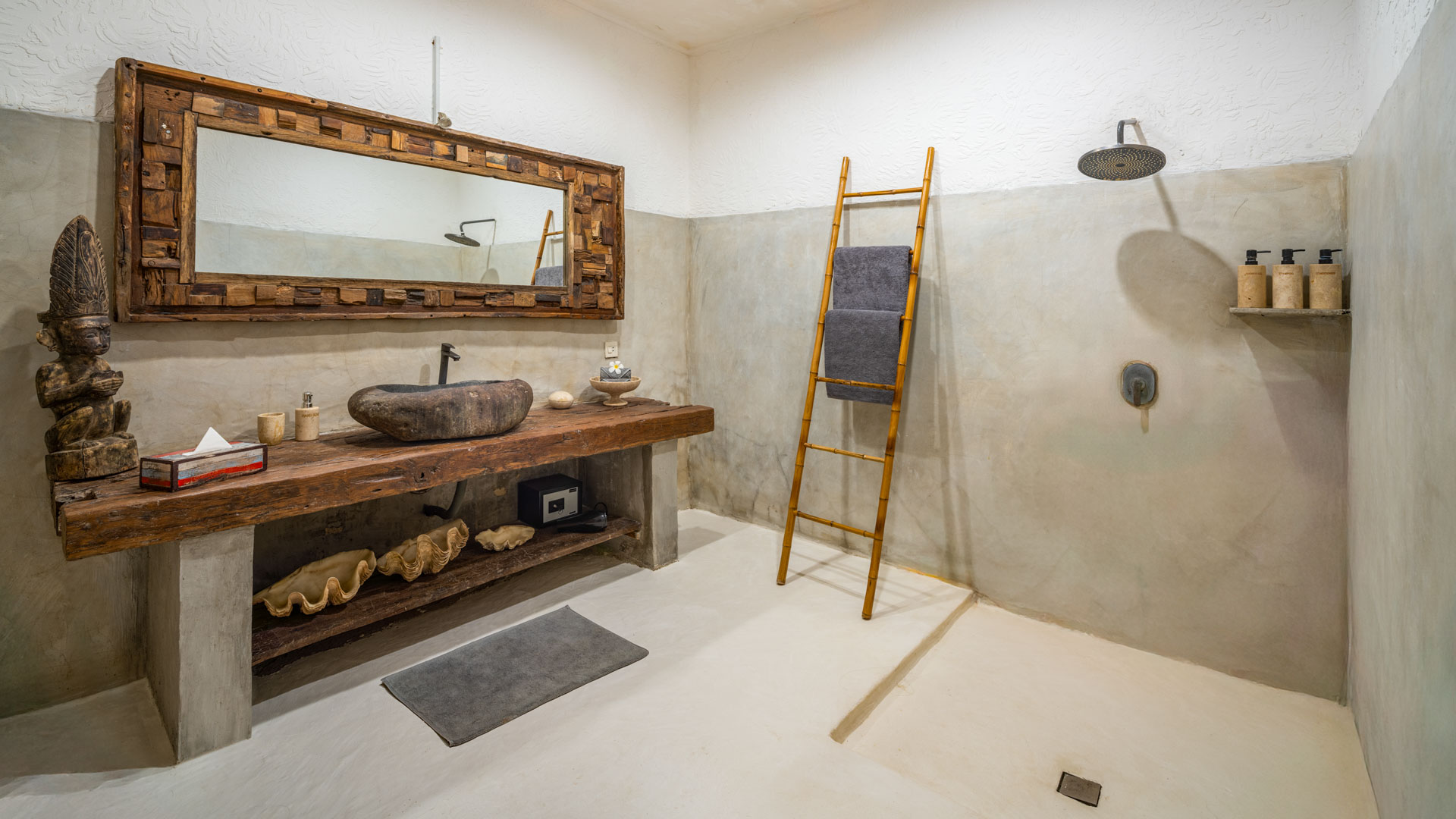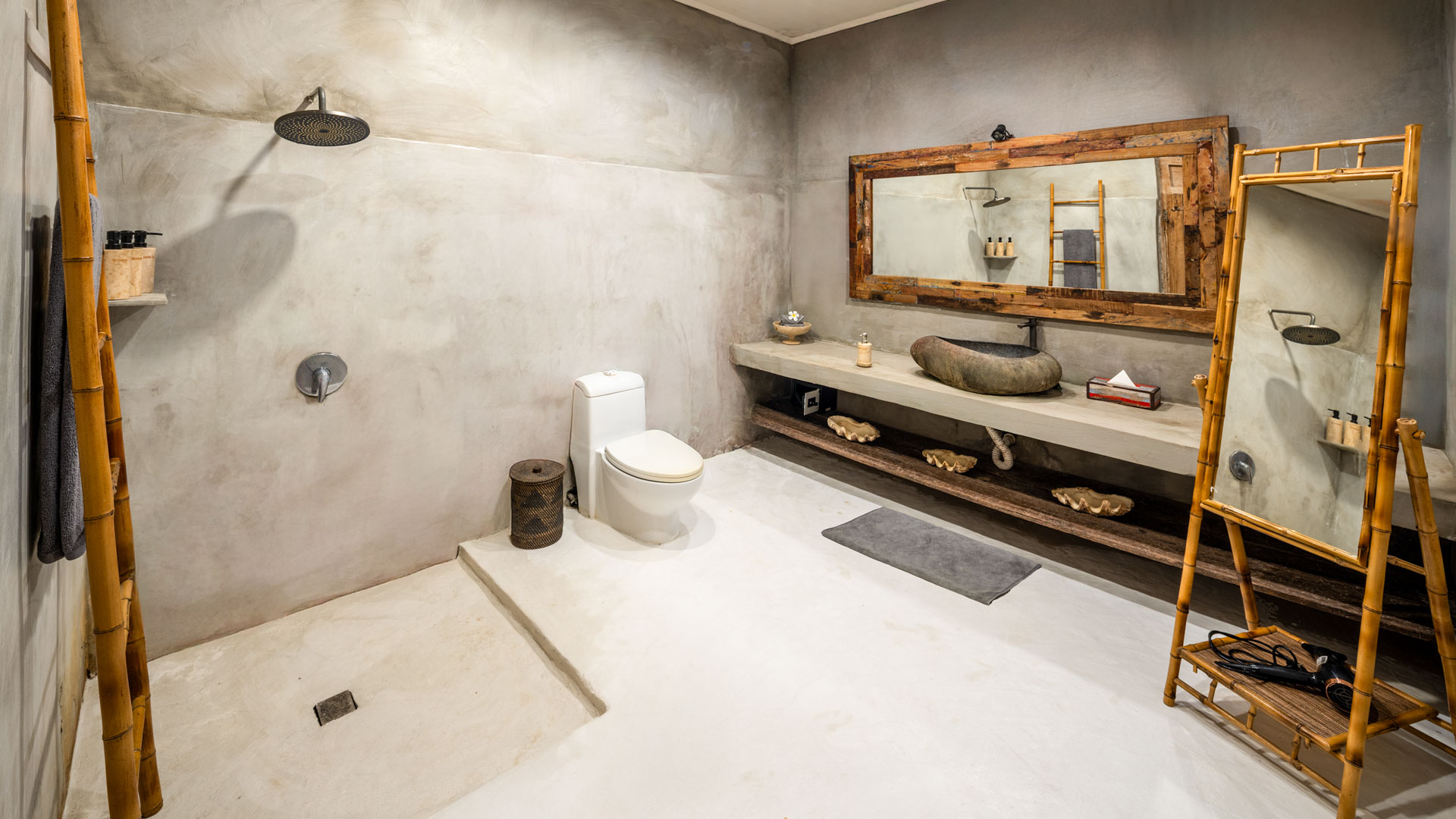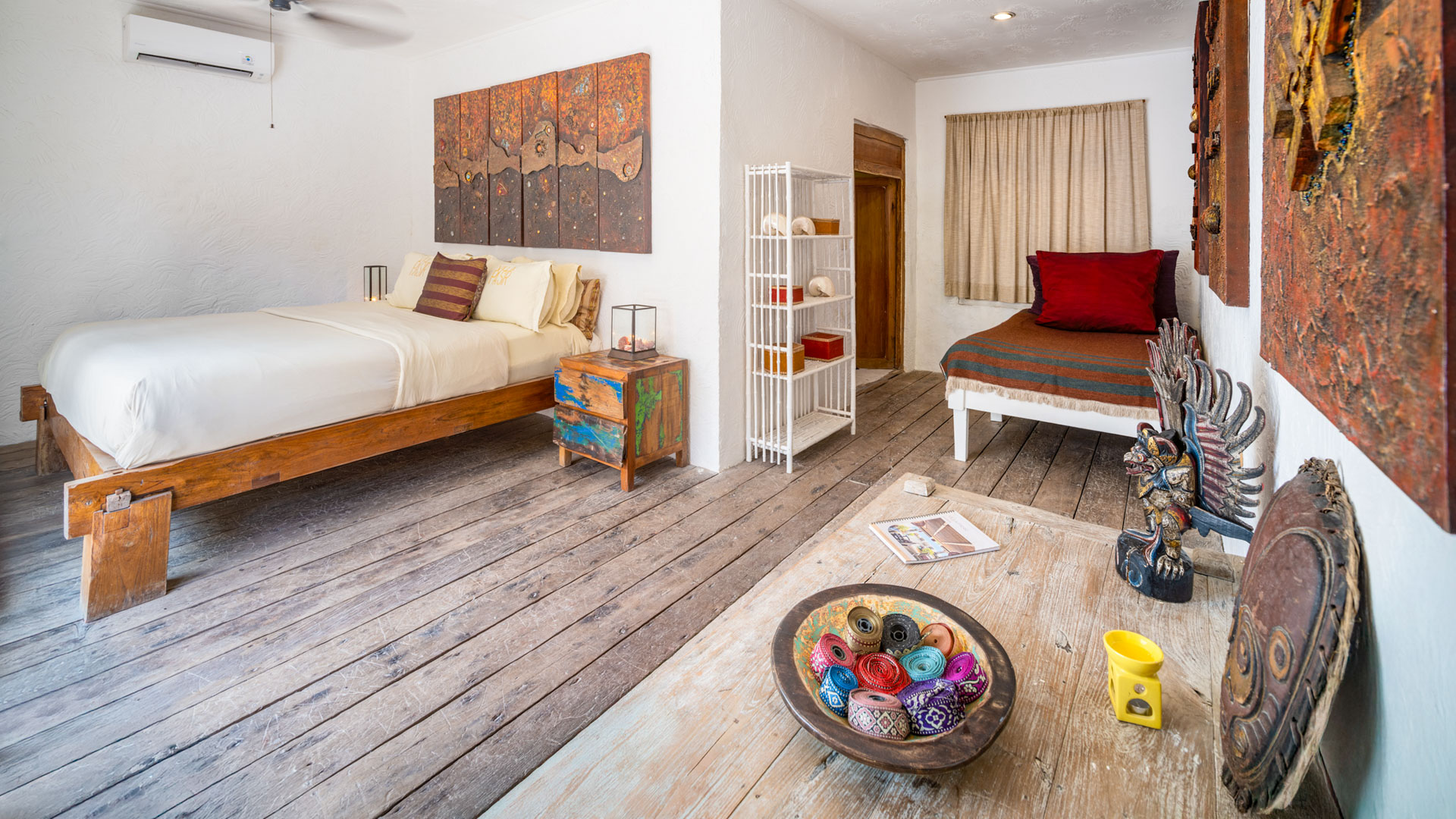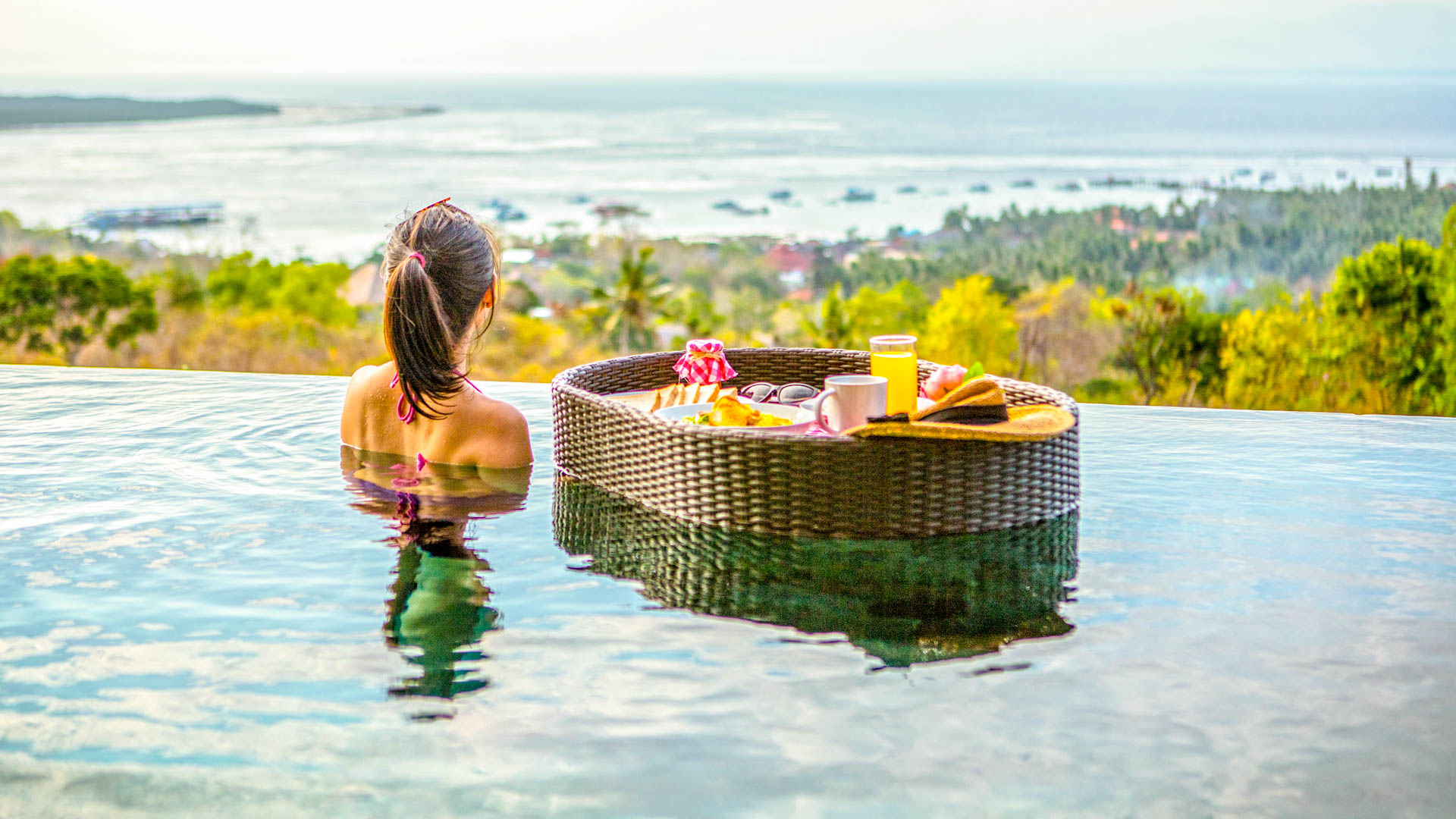When planning a dream vacation to the exotic island of Bali and surrounding islands like Nusa Lembongan, penida, Ceningan or Lombok, one thing that can quickly turn your dream into a nightmare is falling ill with Bali belly. Known as one of the most common travel-related illnesses, Bali belly refers to an upset stomach or gastroenteritis. Tourists sometimes experience Bali belly during their time on the island. Whether you’re visiting the serene beaches of Seminyak, the lush rice paddies in Ubud, or the vibrant night markets of Kuta, no one wants to spend their time on the toilet instead of enjoying the incredible sights of Bali.
In this article, we will dive deep into the causes, symptoms, and most importantly, the prevention and prophylaxis of Bali belly, so you can enjoy your trip without any unwanted disruptions. And as you’re planning your Bali holiday, we’ll also talk about how booking through Nomad Holiday Rentals can ensure you have access to the best villas for a comfortable, hassle-free stay in Bali.
What is Bali Belly?
Bali belly is a colloquial term for gastroenteritis, an intestinal infection that causes symptoms like diarrhea, stomach cramps, nausea, and vomiting. It’s often contracted from contaminated food, water, or unclean environments. Bali belly can affect anyone, from first-time travelers to seasoned visitors, making it essential to be aware of how to prevent it during your Bali holiday.
Though the term is commonly associated with travel to Bali, gastroenteritis can occur anywhere in the world, but it is more prevalent in areas where hygiene standards may not be as strict. In Bali, this can include street food stalls, local restaurants, and even the tap water in some areas.
Causes
The main cause of Bali belly is the ingestion of bacteria or viruses, usually from food or water that has been contaminated. The
most common culprits include:
1. Bacterial Infections:
– E. coli: A bacteria found in contaminated food or water that can lead to severe diarrhea, cramps, and dehydration.
– Salmonella: Another bacterium that can be found in undercooked meat or eggs, causing stomach discomfort and food poisoning.
– Campylobacter: Often found in undercooked poultry, this bacterium is another common cause of Bali belly.
2. Viral Infections:
• Norovirus: This highly contagious virus causes gastroenteritis and is often transmitted through food and water, as well as close contact with infected individuals.
– Rotavirus: Common in children but can affect adults as well, leading to symptoms like vomiting and diarrhea.
3. Parasites:
– Giardia: A parasite that is typically ingested through contaminated water. It can lead to stomach cramps, bloating, and diarrhoea.
4. Contaminated Water:
– In Bali, the tap water is not safe to drink for most visitors, and consuming water that isn’t properly treated can lead to Bali belly.
5. Poor Hygiene Practices:
– Street food vendors or restaurants that do not maintain high levels of cleanliness are more likely to serve food or drinks that are contaminated, leading to gastroenteritis.
Symptoms of Bali Belly
The symptoms of Bali belly can range from mild discomfort to severe illness, and they typically appear within a few hours to a few days after exposure to the bacteria, virus, or parasite. The common symptoms include:
• Diarrhea (usually watery)
• Stomach cramps and bloating
• Nausea or vomiting
• Fever (in some cases)
• Loss of appetite
• Fatigue
• Dehydration, which can lead to dizziness, dry mouth, and reduced urine output
While these symptoms are unpleasant, most cases of Bali belly resolve on their own within a few days. However, dehydration can be a serious issue, especially in hot and humid climates like Bali, so it is important to stay hydrated and seek medical attention if symptoms persist.
How to Prevent Bali Belly
Prevention is always better than cure, and when it comes to Bali belly, there are several steps you can take to avoid the discomfort and inconvenience of falling ill. Here’s your comprehensive guide to preventing Bali belly during your trip to Bali:
1. Drink Only Bottled Water
One of the most important steps in avoiding Bali belly is ensuring that you drink only bottled water. Tap water in Bali is generally not safe to drink, as it can contain bacteria, viruses, and parasites that could lead to gastroenteritis.
• Always check the seal of the bottled water before purchasing, as some counterfeit bottles may contain tap water.
• Avoid ice in drinks, especially at street stalls, as the ice may be made from contaminated tap water.
2. Be Careful with Street Food
Street food is a big part of the Bali experience, and while it can be delicious, it can also pose a higher risk of foodborne illnesses due to potentially lower hygiene standards. Here’s how to mitigate the risk:
• Choose food from vendors who cook food fresh to order in front of you. Avoid food that has been sitting out for a while.
• Avoid raw foods such as salads and fruits that may have been washed in tap water.
• Stick to hot and freshly cooked meals that are served piping hot, as this reduces the chance of contamination.
3. Wash Hands Frequently
Hand hygiene is crucial to prevent the spread of bacteria and viruses that cause gastroenteritis. Be sure to:
• Wash your hands with soap and clean water before eating or preparing food.
• Carry hand sanitizer with you, especially when you can’t easily access soap and water.
• Avoid touching your face, especially your mouth and eyes, after touching potentially contaminated surfaces.
4. Avoid Raw or Undercooked Meat
If you choose to eat meat during your stay in Bali, be extra cautious about how it is cooked. Raw or undercooked meat can be a source of bacterial infections like Salmonella or Campylobacter.
• Make sure meats, especially poultry and seafood, are cooked thoroughly.
• Opt for cooked vegetables and fruits that can be peeled, reducing the risk of contamination.
5. Prophylaxis: Take Preventative Measures
In some cases, travellers may choose to take a prophylactic (preventative) medication to reduce the risk of Bali belly. Although antibiotics like rifaximin are sometimes prescribed by doctors to prevent traveler’s diarrhoea, it’s important to consult a healthcare professional before taking any medication.
• Probiotic supplements can help strengthen your gut flora and improve your resistance to stomach infections.
• Some travellers also recommend activated charcoal tablets, although their effectiveness is debated.
6. Choose Clean Accommodations with Good Hygiene Practices
When booking your Bali holiday, it’s essential to choose accommodation that maintains high standards of cleanliness and hygiene. Nomad Holiday Rentals offers a selection of high-quality villas in Bali, where cleanliness is a top priority. Booking with Nomad Holiday Rentals ensures that you have a safe, comfortable stay with top-notch facilities, including clean water systems and access to well-maintained kitchens. Clean accommodations reduce your chances of exposure to germs and bacteria.
7. Stay Hydrated
Dehydration is a major risk when suffering from Bali belly, so it’s important to stay hydrated by drinking plenty of bottled water. In addition to water, you can replenish lost electrolytes by drinking oral rehydration solutions (ORS) or sports drinks. Avoid sugary drinks like soda, as they can worsen dehydration.
What to Do
Despite taking precautions, there’s always a possibility you could get Bali belly. Here’s what you should do if you experience symptoms:
1. Stay Hydrated: Drink plenty of bottled water and use oral rehydration salts (ORS) to replace lost fluids and electrolytes.
2. Eat Light: Stick to bland foods like rice, toast, and bananas until your stomach settles.
3. Rest: Give your body the time it needs to recover by staying in a comfortable, quiet environment. If you’re staying in a Nomad Holiday Rentals villa, you’ll have access to a peaceful, relaxing space where you can recover.
4. Seek Medical Help: If your symptoms persist for more than 48 hours or you experience severe dehydration, seek medical attention immediately. Bali has excellent healthcare facilities, and your accommodation can help guide you to the nearest clinic.
Conclusion: Stay Safe and Enjoy Your Bali Holiday
By following these simple precautions, you can reduce the risk of experiencing Bali belly during your trip to Bali. Ensure that you drink only bottled water, eat carefully selected food, and maintain good hygiene practices. If you’re planning your Bali holiday, booking a stay with Nomad Holiday Rentals gives you the peace of mind that you’ll be in a clean and safe environment during your trip.
Bali is a paradise full of incredible beaches, culture, and adventure. Don’t let gastroenteritis ruin your experience. With a little knowledge and preparation, you can have a healthy, enjoyable holiday in Bali—without the dreaded Bali belly. Happy travels!



































































































































































































































